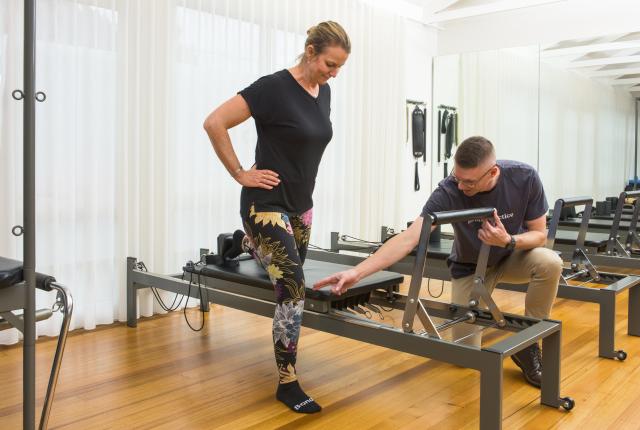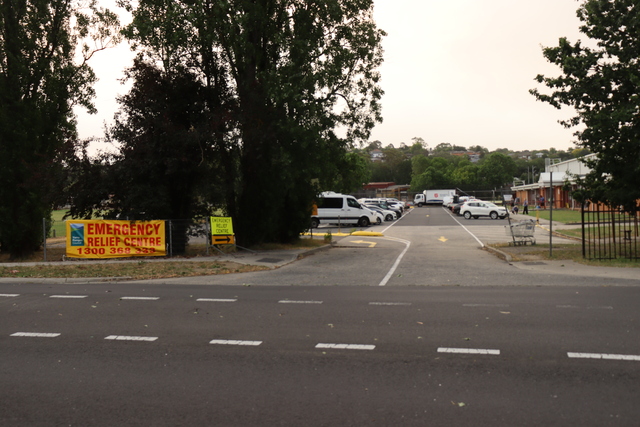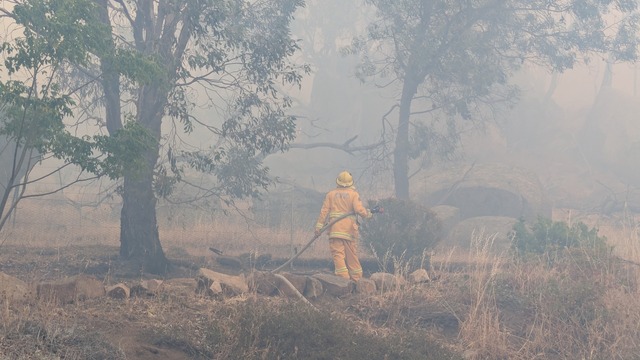Osteoporosis is an asymptomatic, progressive condition where bones lose their density and become fragile. It occurs because they lose minerals (like calcium) faster than they make them. This means they can be broken very easily and fractures of the hip, lower back and wrist are common.
The Australian Institute of Health and Welfare estimates 924,000 Australians have osteoporosis and it affects over 200,000 women globally, and it often goes undiagnosed until a fracture occurs. The resulting fractures can lead to loss of independence, disability and premature death.
Your risk of developing osteoporosis is higher if you are older, physically inactive and if you are female. Women are more likely to get osteoporosis than men, particularly, the first few years after menopause. This is partially due to declining oestrogen levels that cause a power up to the cells that degrade bone.
Treatment can include medication and mineral supplements (like calcium and Vitamin D) but perhaps surprisingly exercise can also increase bone density and slow down bone loss. Resistance training (lifting weights) is best but aerobic exercise like walking and Tai Chi can also help. Resistance training can also improve mobility, strength, reduce risk of falls and benefit mental health.
To benefit osteoporosis, exercises need to involve lifting weights or be weight-bearing to improve bone health.
To be most effective, exercise should be performed 2-3 times a week, include balance exercises and include exercises that work multiple joints at once. These are exercises like squats, lunges, deadlifts, rows, chest presses and shoulder presses.
So ladies, don’t neglect your bone health no matter your age, but especially if you are older.
Find some weight lifting exercises that suit you and enjoy the strength, flexibility and bone density benefits.








